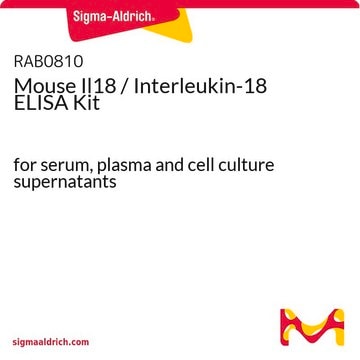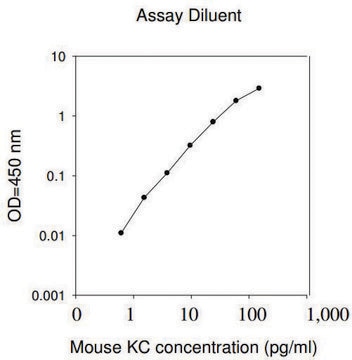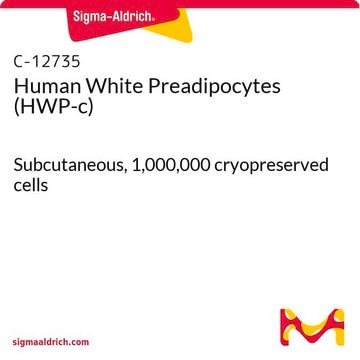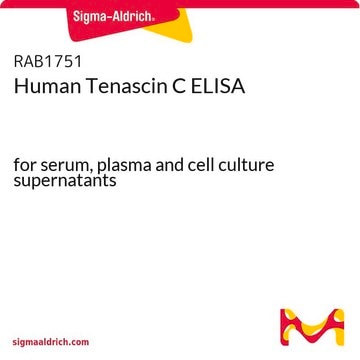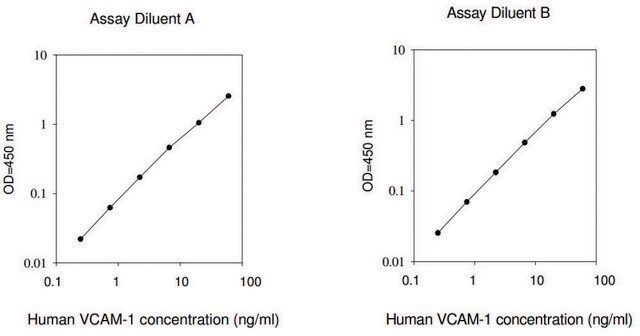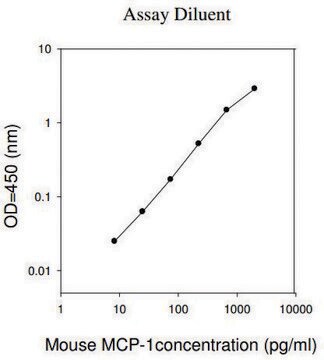RAB0711
Human CSF1R / Macrophage Colony-stimulating Factor 1 Receptor ELISA Kit
About This Item
Produits recommandés
Espèces réactives
human
Conditionnement
kit of 96 wells (12 strips x 8 wells)
Technique(s)
ELISA: suitable
assay range
inter-assay cv: <10%
intra-assay cv: <12%
Méthode de détection
colorimetric
Conditions d'expédition
wet ice
Température de stockage
−20°C
Informations sur le gène
human ... CSF1R(1436)
Catégories apparentées
Description générale
Application
Please refer to the attached General ELISA KIT Procedure (sandwich, competitive & Indirect ELISA)
Actions biochimiques/physiologiques
Mention d'avertissement
Warning
Mentions de danger
Conseils de prudence
Classification des risques
Met. Corr. 1
Code de la classe de stockage
8A - Combustible corrosive hazardous materials
Point d'éclair (°F)
Not applicable
Point d'éclair (°C)
Not applicable
Faites votre choix parmi les versions les plus récentes :
Certificats d'analyse (COA)
Vous ne trouvez pas la bonne version ?
Si vous avez besoin d'une version particulière, vous pouvez rechercher un certificat spécifique par le numéro de lot.
Déjà en possession de ce produit ?
Retrouvez la documentation relative aux produits que vous avez récemment achetés dans la Bibliothèque de documents.
Notre équipe de scientifiques dispose d'une expérience dans tous les secteurs de la recherche, notamment en sciences de la vie, science des matériaux, synthèse chimique, chromatographie, analyse et dans de nombreux autres domaines..
Contacter notre Service technique
